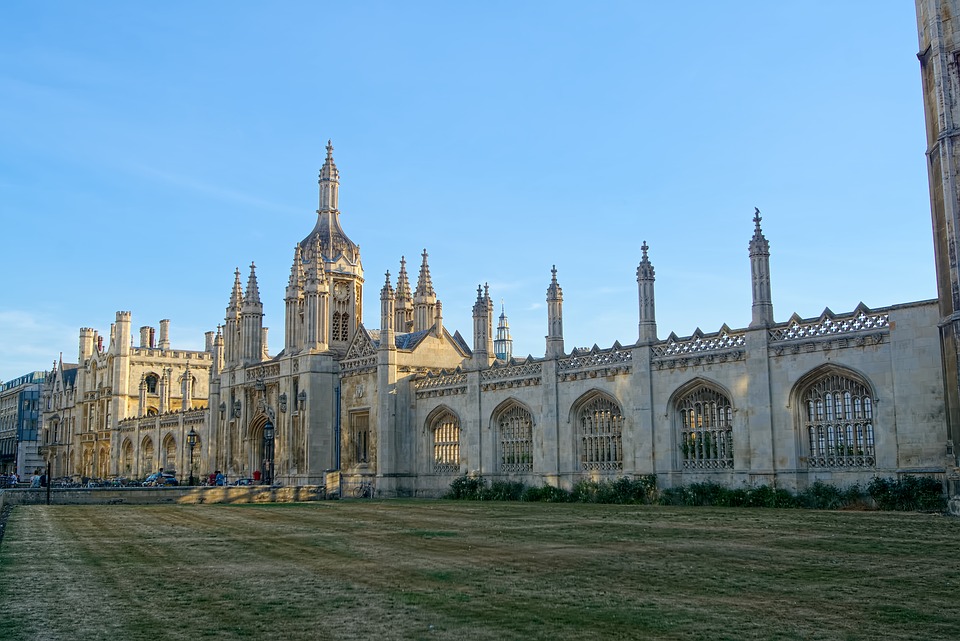Cambridge has become the first university in the world to announce that it has adopted a 1.5 degrees Science Based Target for carbon reduction, committing itself to reduce its energy-related carbon emissions to absolute zero by 2048, with a steep 75% decrease on 2015 emissions by 2030.
The University has also expressed an aspiration to be ten years ahead of its Science Based Target decarbonisation pathway at all times and to reach zero carbon by 2038.
“Scientists have made it clear that we need to take urgent action to prevent potentially catastrophic climate change,” says Professor Ian Leslie, Senior Adviser to the Vice-Chancellor with special responsibility for Environmental Sustainability.
“As a world-leading University, we need to not only take responsibility for our own carbon emissions, but also to demonstrate to others what is achievable. By setting an ambitious target for carbon reduction and aiming to reach it a decade early, we hope to provide opportunities for others to learn from our approach, including where we are successful and areas that are found to be challenging.”
Science Based Targets are based on independently developed models of what organisations need to do. Cambridge’s target is focused on scope 1 and 2 emissions targets: scope 1 emissions are direct emissions from owned or controlled sources; scope 2 emissions are indirect emissions from the generation of purchased energy.
“The important point about Science Based Targets is that they are not arbitrary, but rather are robust and evidence-based,” adds Dr Emily Shuckburgh, Director of Research on Carbon Neutrality at the University of Cambridge. Dr Shuckburgh also leads the Cambridge Carbon Neutral Futures Initiative, due to launch in the autumn.
“Achieving our commitment will undoubtedly be challenging, but it is a challenge we have a duty to meet. We encourage other universities and institutions to consider adopting similar commitments.”
Initially, the new commitment applies to the University’s operational estate, which includes buildings and assets that directly support its teaching and research activities. The University is developing Science Based Targets for its wider estate and activities over the next three years.
Work that is already underway to reach the commitment includes:
§ looking at options to significantly reduce the amount of gas that the University uses for space and water heating;
§ assessing the feasibility of developing a solar farm on University land;
§ sourcing all of the University’s electricity from zero carbon sources;
§ a programme of energy efficiency improvements across the University’s estate.
The University is also taking steps to ensure that carbon is a key consideration in decisions relating to the development of new buildings.
Other proposals in the pipeline include providing the University’s departments with better data on their energy use and carbon emissions, so that staff and students are informed to take action and to measure the impact this is having.
The University has also committed to develop targets for reducing its indirect (scope 3) carbon emissions, for example those from its supply chain and business travel, and is developing a number of initiatives to reduce these.



